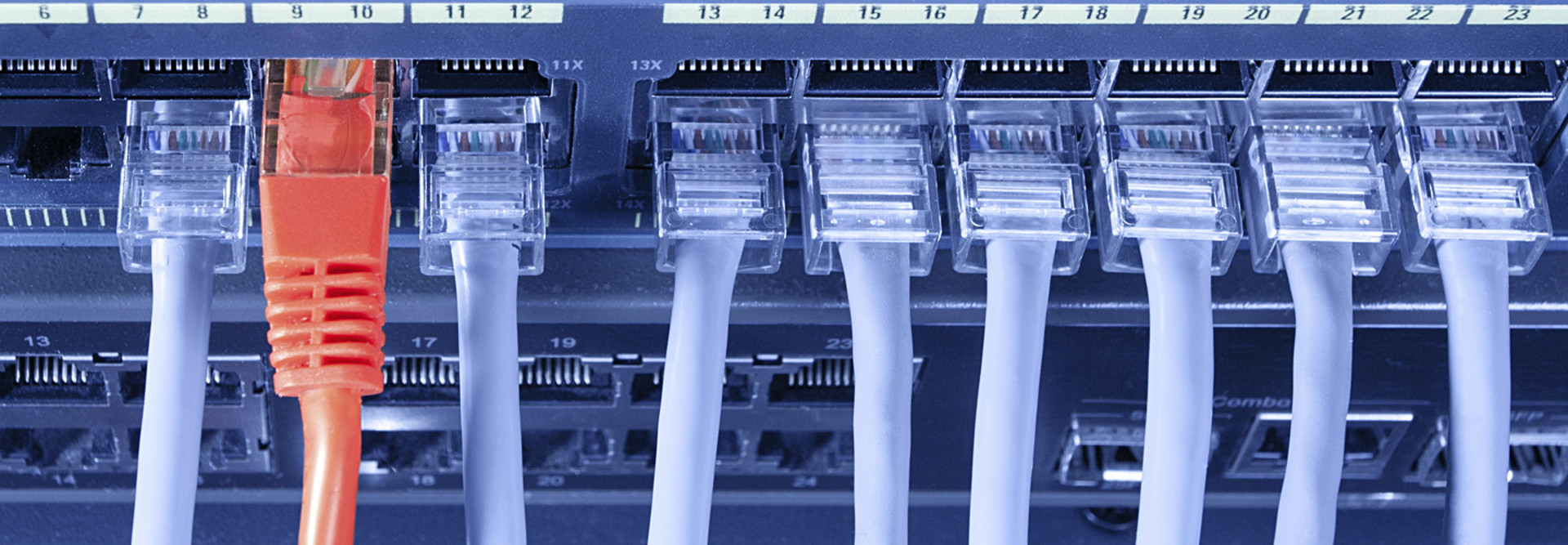Higher Ed to FCC: Don’t Slow Education Down
A group of higher education and library groups established 11 guiding principles it believes the FCC should adhere to in future net neutrality discussions.
While the Federal Communications Commission (FCC) deliberates over the landscape of net neutrality, 11 higher education and library organizations have issued a joint letter saying that changing the rules of Internet access could jeopardize aspects of education.
In their letter to the FCC, the organizations established 11 principles they believe the FCC should adhere to when drafting new rules for net neutrality, which the groups called an “essential characteristic” of public Internet access.
They wrote that a pay-for-priority platform for enhanced web traffic could put educational institutions in a major bind.
“Such discrimination or degradation could jeopardize education, research, learning and the unimpeded flow of information,” the organizations wrote in the letter.
The groups were also concerned with giving priority to Internet service providers, which can act as gatekeepers to Internet content — discriminating against web traffic based on its content.
“Libraries and higher education institutions that cannot afford to pay extra fees could be relegated to the ‘slow lane’ on the Internet,” according to the letter.
These organizations are associated with the letter:
- American Association of Community Colleges
- American Association of State Colleges and Universities
- American Council on Education
- American Library Association
- Association of American Universities
- Association of Public and Land-grant Universities
- Association of Research Libraries
- Chief Officers of State Library Agencies
- EDUCAUSE
- Modern Language Association
- National Association of Independent Colleges and Universities
The joint letter follows a new proceeding the FCC is conducting on net neutrality in response to a January ruling by the U.S. Court of Appeals striking down two of the FCC’s proposals but affirming that the agency could regulate broadband access. The new proceeding will explore what policies the FCC can and should adopt.
The group established the following 11 principles it believes the FCC should be guided by in future net neutrality discussions:
Ensure neutrality on all public networks:Neutrality is an essential characteristic of public broadband Internet access. The principles that follow must apply to all broadband providers and Internet Service Providers (ISPs) who provide service to the general public, regardless of underlying transmission technology (e.g., wireline or wireless) and regardless of local market conditions.
Prohibit blocking:ISPs and public broadband providers should not be permitted to block access to legal web sites, resources, applications or Internet-based services.
Protect against unreasonable discrimination: Every person in the United States should be able to access legal content, applications and services over the Internet without “unreasonable discrimination” by the owners and operators of public broadband networks and ISPs. This will ensure that ISPs do not give favorable transmission to their affiliated content providers or discriminate against particular Internet services based on the identity of the user, the content of the information, or the type of service being provided. “Unreasonable discrimination” is the standard in Title II of the Communications Act; the FCC has generally applied this standard to instances in which providers treat similar customers in significantly different ways.
Prohibit paid prioritization: Public broadband providers and ISPs should not be permitted to sell prioritized transmission to certain content, applications and service providers over other Internet traffic sharing the same network facilities. Prioritizing certain Internet traffic inherently disadvantages other content, applications and service providers — including those from higher education and libraries that serve vital public interests.
Prevent degradation: Public broadband providers and ISPs should not be permitted to degrade the transmission of Internet content, applications or service providers, either intentionally or by failing to invest in adequate broadband capacity to accommodate reasonable traffic growth.
Enable reasonable network management: Public broadband network operators and ISPs should be able to engage in reasonable network management to address issues such as congestion, viruses and spam as long as such actions are consistent with these principles. Policies and procedures should ensure that legal network traffic is managed in a content-neutral manner.
Provide transparency: Public broadband network operators and ISPs should disclose network management practices publicly and in a manner that 1) allows users, as well as content, application and service providers, to make informed choices; and 2) allows policymakers to determine whether the practices are consistent with these network neutrality principles. This rule does not require disclosure of essential proprietary information or information that jeopardizes network security.
Continue capacity-based pricing of broadband Internet access connections: Public broadband providers and ISPs may continue to charge consumers and content, application and service providers for their broadband connections to the Internet and may receive greater compensation for greater capacity chosen by the consumer or content, application and service provider.
Adopt enforceable policies: Policies and rules to enforce these principles should be clearly stated and transparent. Any public broadband provider or ISP that is found to have violated these policies or rules should be subject to penalties, after being adjudicated on a case-by-case basis.
Accommodate public safety: Reasonable accommodations to these principles can be made based on evidence that such accommodations are necessary for public safety, health, law enforcement, national security or emergency situations.
Maintain the status quo on private networks: Owners and operators of private networks that are not openly available to the general public should continue to operate according to the long-standing principle and practice that private networks are not subject to regulation. End users (such as households, companies, coffee shops, schools or libraries) should be free to decide how they use the broadband services they obtain from network operators and ISPs.









